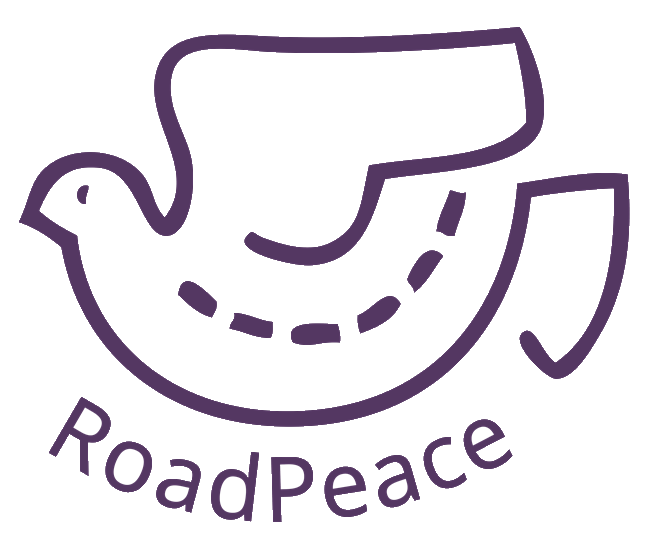Recommendations from the Justice Committee’s Coroner Inquiry set to improve experiences of bereaved families
On 8 July 2020, the Justice Committee launched an inquiry into the Coroner’s Service. The findings of the inquiry have now been published.
The purpose of the inquiry was to evaluate if the service had improved following the 2009 (implemented 2013) Coroner and Justice Act. The legislation introduced several changes including the appointment of a Chief Coroner. Whilst the Ministry of Justice reviewed the Act’s effectiveness in 2015, it has not published the results of its review.
As the majority of road deaths do not result in a criminal prosecution, most families bereaved by a road crash will attend an inquest, the purpose of which is not to attribute liability, but to understand ‘Who, where, when, how’ the deceased came to their death.
RoadPeace as the national charity for road crash victims has for a long time campaigned for reform of the coroner system, and publishes information guides to help families navigate the process. RoadPeace members Lucy Harrison and Elaine Gordon successfully campaigned for guidance on the practice of second post-mortems, and members Chris and Nicole Taylor produced research on the infrequency and inconsistency of Preventing Future Death Reports.
The charity knows from its work supporting families that whilst many have a good experience of the coronial system, many do not. RoadPeace members submitted written responses in the call for evidence for the inquiry, and Victoria Lebrec, Head of Policy, Campaigns and Communications at RoadPeace, gave evidence orally at the inquiry.
Key issues reported by crash victims face include:
- Lack of information and insensitivity surrounding post-mortems
- Unavailability of CT scanners to mitigate invasive post-mortems
- Issues around pre-disclosure of evidence ahead of an inquest
- Lack of information about what to expect at an inquest
- Lack of legal representation at an inquest, when defendant’s will have legal representation provided by their insurance company
- Issues around treatment during an inquest, and being able to ask questions
- Absence in many cases of Preventing Future Death reports, to prevent the circumstances causing their loved one’s death from happening again
- Difficulty in appealing decisions
RoadPeace is pleased to see that the recommendations outlined in the report reflect long-standing calls to address these issues, and look forward to working with government on implementing them.
The recommendations will address transparency and accountability within the system, lead to better treatment of bereaved families, ensure consistency of service delivery, and improve appeals processes.
Recommendations include:
Ensuring a more consistent service
- Ministry of Justice should create a national coroner service
- More coroner areas should be merged, to address inconsistencies in service
Transparency and accountability
– Chief Coroner to implement appraisals of all Coroners
– The 2015 review undertaken by the Ministry of Justice which was never published, should be published
– Coroners Inspectorate should be established, to rate and review the quality of the Coroners Service
– Independent office should be set up to follow up on Preventing Future Death reports (or alternatively a new Coroners Service Inspectorate could do this)
– Ensure that Preventing Future Death reports are easily searchable online
Better information and improved treatment of families
– Chief Coroner to liaise with faith groups on timely release of bodies according to religious practice
– Guide on the coroner service is offered to bereaved people as soon as possible
– Funding to be provided to the Coroner’s Courts Support Service
– Information on specialist organisations (like RoadPeace) distributed by Coroners
– MoJ should implement a statutory ‘Charter of Rights for Bereaved People’, modelled on the Victim’s Code
– Chief Coroner to improve training to Coroners on pre-disclosure, so that families are made aware they can request evidence ahead of the inquest
– MoJ should provide non-means tested legal aid for bereaved families by October 2022
– MoJ should introduce a system of appeals to coroner decisions, to avoid families have to go through judicial reviews
Whilst the vast majority of RoadPeace calls have been addressed as part of the report, there are several which were not included:
– RoadPeace have called for the Coroners Service to be under the Victims Code, of which there are plans to be made into law as part of the Victims’ Bill and not just entitlements, but statutory rights. The inquiry has recommended a different Charter, which would mean bereaved families under the Coroner Service would not have statutory rights.
– Whilst RoadPeace welcomes the recommendation for non-means tested provision for legal aid, this might not extend to crash victims. It therefore remains vitally important for the RoadPeace legal panel to provide pro-bono inquest support, when there is no civil claim.
– Whilst the report talks about CT scanners for post-mortems, it does not include them in its recommendations
– RoadPeace called for there to be a stakeholder working group for coroners which should include bereaved families, this was not included as a recommendation
– RoadPeace called for the coroner service to survey bereaved families, which was not included as a recommendation
Nonetheless, the recommendations within the report will lead to a much improved experience for crash victims, and a far more transparent and accountable system.
Nick Simmons, RoadPeace CEO, said
“We at RoadPeace are enormously grateful to all of our members who shared their experiences and submitted evidence to the Coroner Inquiry. The recommendations outlined in the report will go a long way to addressing the issues that some bereaved families face with Coroners, and we welcome the work that the Justice Committee has done in putting bereaved people at the heart of the service. We look forward to working closely with government on implementing these changes.”
ENDS
————————————————————————————————————————-
Updated on: 16 June 2021
